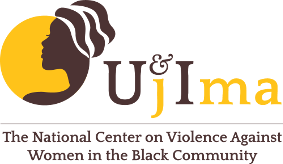We recently saw the explosive argument between rapper Jonathan Lyndale Kirk, (“DaBaby”) and singer Danielle Leigh Curiel (“DaniLeigh”) in real time over social media. DaBaby decided to live stream the incident “for his safety” because he asked DaniLeigh to leave his Charlotte, NC home, but she refused. DaniLeigh had been living with DaBaby for the last three months after the birth of their daughter. According to DaniLeigh, the argument started because she ordered a Plan B Morning After Pill ( to prevent pregnancy) and had it mailed to DaBaby’s residence. DaBaby’s reaction to DaniLeigh ordering a Plan B pill could be considered an attempt to use power and control over DaniLeigh’s health – a form of abuse called reproductive coercion.
Reproductive coercion is a form of intimate partner abuse. It is a control tactic used to dictate a person’s reproductive options in a relationship. Some examples of reproductive coercion are:
• destroying contraceptives or hiding them;
• threats to end the relationship if a partner does not submit to getting pregnant or demands to terminate a pregnancy;
• engaging in intercourse with someone with a condom on, then secretly removing the condom during intercourse without consent (stealthing); and
• intentionally putting holes in a condom to try to impregnate someone.
Pregnant people are particularly vulnerable to intimate partner violence, especially Black women – murder is the main cause of Black Maternal Death. It is important to identify and discuss tactics that are not highly publicized that intentionally isolate victims and make it difficult to leave toxic relationships. Ujima is committed to continuing to advocate for the reauthorization of the Violence Against Women Act 2021 and the complete passage of the Black Maternal Health Momnibus Act of 2021 (Momnibus) to address gender-based violence and its intersection with reproductive health.

